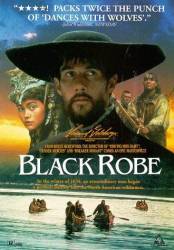
Factual error: As Father Laforgue walks in town at the beginning of the movie (with a better, closer look a minute later before the scene changes), you can see that despite the "Quebec. North America 1634" caption, they have on a pole the contemporary flag of Quebec, designed only in the 20th century. (00:01:55 - 00:02:30)
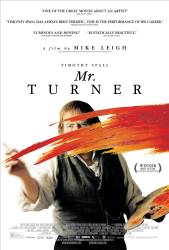
Factual error: When the Doctor visits William Turner in Chelsea, he claims to be leaving by train from Charing Cross. That station did not open until 1864 - 13 years after the death of Turner.
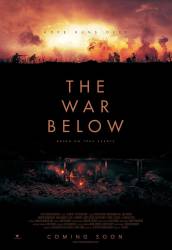
Factual error: At the end of the film, Hellfire Jack returns the toy soldier to the son of the late William Hawkins in 1917. Hawkins son is shown taking it upstairs and placing it in front of a photo of his father, in between two medals. These are the British War and Victory Medals - these did not exist until 1919, and in most cases were not even issued until the 1920's.
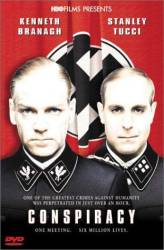
Factual error: All SS members have right collar tabs, except Heinrich Müller. His rank at that time was SS-Gruppenführer, same as Otto Hofmann, but his collar tab corresponds to SS-Brigadeführer (one step lower). For addition, the collar tabs of some general ranks changed after April 1942. The conference took place in January 1942, so they have older versions. But as I wrote, Müller and Hofmann were at the same rank, so the tabs should look the same.
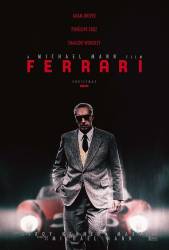
Factual error: Early in the film, as the train pulls into the station, you can see 2 European Traffic Control Systems. A signalling system that was only installed in 2010.
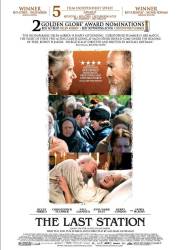
Factual error: In the dinner scene with Helen Mirren and James MacAvoy, she was playing a gramophone recording of "Un Bel Di" from 'Madame Butterfly,' and the year was 1910. The opera was not recorded until much later.
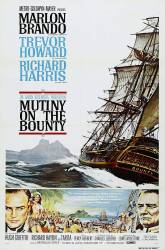
Factual error: In the film, the mutiny occurs during the day, when Bligh allows a crewman to die of thirst. The actual mutiny occurred in the middle of the night, when Christian and several followers entered Bligh's cabin and awakened him.
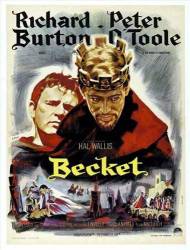
Factual error: At the start of the excommunication scene, the monks are chanting Dies Irae, a thirteenth century Catholic poem, but St. Thomas Becket died in 1170, almost a century before the poem was written.
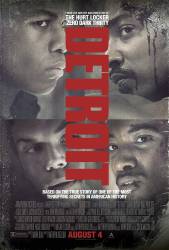
Factual error: Since the movie was set in the 60s, David Senak couldn't have gotten in trouble for shooting the man running away. In the 60s, the police could legally shoot any criminal running away. This didn't change until Tennessee v. Garner in 1985.

Factual error: The accident takes place the night of July 18, 1969, and they show there being a full moon. That night the moon was actually waxing crescent with only 14% visible, and set at 10:27pm while the accident happened about 12:45am, so there was no moon in the sky anyway.
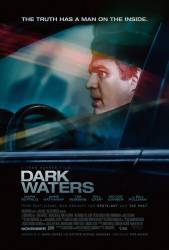
Factual error: The film states that the story takes place in the year 1998. Everything in the opening scenes crams in every 90's cliché imaginable to reinforce the era. However, at 1m56s into the movie, the main character is driving on the freeway and it cuts to a shot showing that he's driving behind a marked police car. Specifically, a Police Interceptor model Ford Explorer that did not hit the market until 2012. (00:01:56)
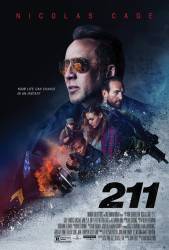
Factual error: The vehicles in the convoy are supposed to be armored since the bullet fired by 50 BMG was absorbed into the glass. First off the vehicles are standard, not up armored since the windows are standard factory and not thick ones used in up-armored cars. The highest rated armored car is B7 which will stop armor piercing not 50 BMG. Also, the windows completely shatter after being shot out; armored windows will never shatter, they stick together and chip off. (00:03:00 - 00:05:00)

Factual error: Sassoon's Military Cross medal is shown ending up thrown in the Mersey and sinking. In his own words from "Memoirs of an Infantry Officer", published in 1930 - "I ripped the MC ribbon off my tunic and threw it into the mouth of the Mersey. Weighted with significance though this action was, it would have felt more conclusive had the ribbons been heavier. As it was, the poor little thing fell weakly on the water and floated away as though aware of its own futility."

Factual error: Sharpe follows a wagonload of powder kegs into the Western Gatehouse, then down a corridor lit with torches, to the end of the corridor where Indians were tying together quickmatch, once again by torchlight. With the propensity for powder kegs to leak, even an Indian subadar would use closed lanterns.
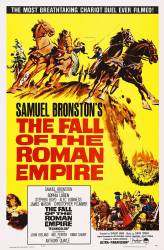
Factual error: In reality, Commodus did not die in the arena - he was strangled in his apartments in 192 A.D. by an athlete who was hired by a group of Senators conspiring against him.
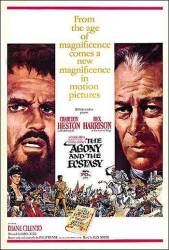
Factual error: Rifles and more so, cannons of the type shown in the movie were not close to being invented in the 1500s.

Factual error: When the two escapees from the POW camp are in the anchor room of the ship they are on, they leave the harbour and the pilot boat leaves them, but then the chain for the anchor goes out, but they are moving away from the port, why on earth would they be dropping the anchor? If anything they would make sure that all the chain is in the anchor room and the anchor would be on deck.
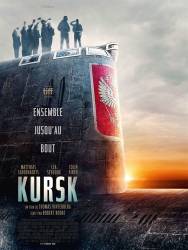
Factual error: When the saturation divers open the outer hatch on Kursk, they drop a glow stick. When they do, it falls to the floor on the submarine, indicating the inner hatch was open. The inner hatch of Kursk was closed, later opened by an ROV.
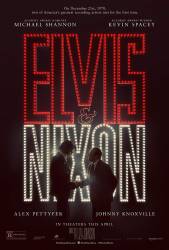
Factual error: The limo shown is a 1990 (or later) Cadillac. It has large halogen headlamps and not the dual headlamps of a 70-71.
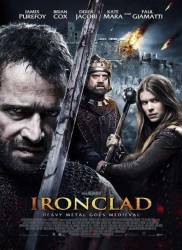
Factual error: Rochester Castle is seen standing alone and isolated from any other settlement. In actual fact it stands on the edge of the City of Rochester and very close to Rochester Cathedral, both of which certainly existed at this time.